Thyroid eye disease is a rare eye condition with few treatment options. Veronica has lived with it for 20 years and shares her story...... Read more >
David Dixon: I live in a remote area and got vaccinated for COVID-19
David Dixon: I live in a remote area and got vaccinated for COVID-19
“I had surgery to remove my prostate cancer. Leaving it in was too risky. That’s how I view the COVID-19 vaccination. It’s too risky not to have the jab.”
by Rosemary Ainley, 22 October 2021
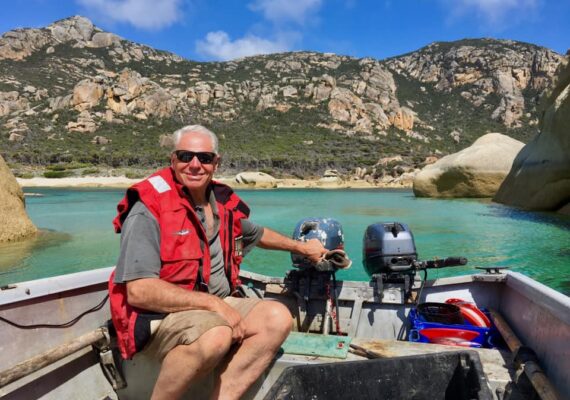
David Dixon lives in a small community on Flinders Island off the northeast coast of Tasmania in Bass Strait. The island has a permanent population of around 900 people across several small communities. He lives on a large property by the beach and wallabies and other wildlife surround his house each day.
At 73, David is still active. If he’s not spending time with his partner and friends on the island, he is working in his vegetable garden, fishing or catching crayfish. He also owns a recycled record store that has retail outlets in Melbourne and enjoys playing guitar and double bass in some local bands.
In 2020, David was diagnosed with prostate cancer. Here, he shares his story about life on an island during the pandemic, dealing with his diagnosis and receiving his COVID-19 vaccinations.
Although the island is only a short flight from either Melbourne (Victoria) or Launceston (Tasmania), it seems like it’s a world away.
With current border restrictions, people from Victoria with holiday homes on the island have to isolate for 2 weeks when they visit. There is a lot of fresh produce available locally while most other goods are still available from “the mainland” (Tasmania). However, some things like building supplies can be hard to get.
Property values have almost doubled in the last two years, but Tasmania’s property prices have been rising over the last few years anyway as more people move away from the cities in other states.
David’s daily life hasn’t really been affected as he lives away from the main town. There are capacity restrictions in the shops and other public buildings but not in private homes. Even so, locals still observe safe practices such as hand-washing, checking into businesses with QR codes and they avoid close contact with people who have travelled from Victoria.
Being diagnosed with prostate cancer
“I’ve been very lucky, medically. I’ve hardly had to go to the doctors,” said David. “I was diagnosed with prostate cancer here on the island. We have great doctors here. After my test results came back high, I went to Launceston to see a urologist and had some scans.”
“My test results showed my cancer was of concern but I was in the grey area where I could have left it untreated and might have eventually died of old age. If I’d been 50 with those results, my specialist would have definitely said to get it out,” David added.
“I’m still as active as I ever was, so it was upsetting to get that diagnosis and to think about surgery. I didn’t know much about prostate cancer before but I looked into it and I asked my specialist if I could wait six months as I didn’t want to be tied down over the summer months. He was ok with that,” said David. “You go into a bit of denial because you can’t see it”.
“I was slow to commit to surgery at first, especially as it wasn’t really affecting me at that stage,” he said. However, my partner has chronic health issues and is very proactive when it comes to health. We spoke about the risks of having the surgery versus not having it and she urged me to have the surgery. That was great because she’s my partner and this involves her too.”
“I was referred to a urologist in Melbourne and he did the surgery using robotics and a technique that would minimise the risk of my nerves being damaged,” David explained.
“When I had my prostate removed, the urologist said to me the cancer was a lot worse than the test results showed. It was about to break out of my prostate. If that happened, things would not have looked good for me. That’s when it gets into your spine and I could have died within the year. I was very fortunate to have had mine removed when I did,” said David. “Yes, I’ve still got ‘performance’ issues following the surgery but I’m much better off. I am now quite comfortable talking about things like that and I encourage other guys to get checked and to have surgery if they need it”.
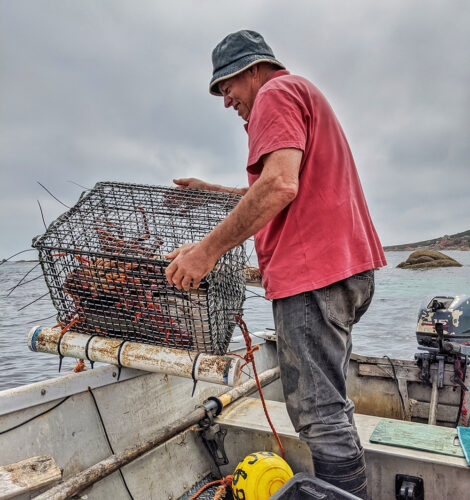
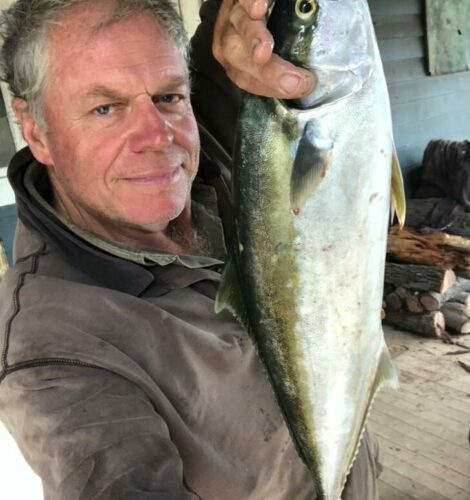
In fact, it is now more important than ever for people to continue having regular screening tests for all forms of cancer.
National organisation, Healthy Male, is a provider of reliable information for all forms of men’s health. They recently published an article urging men not to put off getting prostate health checks during lockdown.
“While many Australians are under strict lockdown, one of the reasonable (and incredibly important) excuses to leave home is for medical reasons. However, during the first COVID-19 lockdown in early 2020, Prostate Specific Antigen (PSA) tests, which are used to detect and monitor prostate cancer, dropped by 60% compared to the same period a year prior. There are concerns that even worse statistics could be seen with the current outbreak in New South Wales and Victoria.”
To learn more about the importance of continuing to monitor your health status and conditions during the pandemic and beyond, visit the Continuity of Care website and follow the hashtags, #ContinuityOfCare and #DontWaitMate on social media.
Being unvaccinated and travelling to Melbourne for surgery
Flinders Island was in a unique position during the early stages of Australia’s COVID-19 vaccination rollout. Between the local GP and community clinics run by trained health workers from Launceston, vaccination appointments were open to all residents over 16 on the island. At that stage, only priority groups and adults over 50 were eligible for COVID-19 vaccinations in other parts of the country.
Despite having access, David initially felt he didn’t need to be vaccinated. “I’m on Flinders Island. I’ve got a good immune system. I’m healthy. I won’t need it,” he said. “Then someone asked me if I was going to be vaccinated and when I said no, he asked me why. It made me think about it. Why didn’t I want to be? I’m not good with having any sort of vaccines. I don’t like having needles jabbed in me,” he explained. “Because of that, I missed out on the first round of appointments when they were offered here.”
“By then, I had been diagnosed with prostate cancer and had been talking to my doctors about surgery. My GP offered me the flu shot. I wasn’t comfortable with the idea of having an injection but he convinced me it was a good thing for me to do,” said David. “However, when the vaccines were offered on the island again, I couldn’t have one because I’d just had my flu jab so I went to Melbourne unvaccinated.”
David was preoccupied with thinking about his cancer and upcoming surgery when he arrived in Melbourne. “I had my blinkers on regarding the COVID-19 situation there. (Melbourne went into its fourth lockdown a few days after David arrived.) “I knew I would be in good hands in the hospital and would be recovering at my sister’s place in a bayside suburb. There were no COVID-19 cases in that part of the city at that stage,” he said.
“I got vaccinated when I came back to the island, though. It was easy to access the vaccine at the hospital here. My partner organised appointments for both of us. We didn’t have to wait and the staff were wonderful,” said David.
“Now, with the situation so much worse, I just cannot understand why people don’t get vaccinated. I think everybody should be,” he said. “Like my prostate, to not have it removed was a huge risk so having it out was a better option. It’s how I view the COVID-19 vaccination as well. It is simply a better option. With the situation now, it’s just so dangerous to not be vaccinated”.
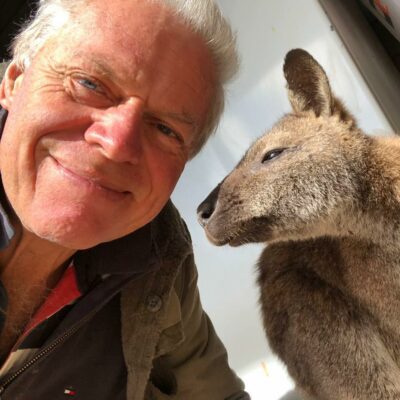
David’s message to others in regional and remote areas
“That’s a no-brainer. It’s easy to think that, because of where we live, we are in a much better position to avoid COVID-19. However, we will be in contact with people who have it at some point. You can’t say that it won’t come,” said David. “You’ve got to bite the bullet and do it. Have it now.”
“Of course, the comparison is with all the other vaccinations in the past like polio. Back then, nobody said they weren’t going to be vaccinated, everyone just did it” he said. “I’d say, you’re not special because you are in a remote place. It will get you. Also, I think prevention is better than cure.”
Further reading
Catch the latest news
Read more stories
Learn about our advocacy
Get involved

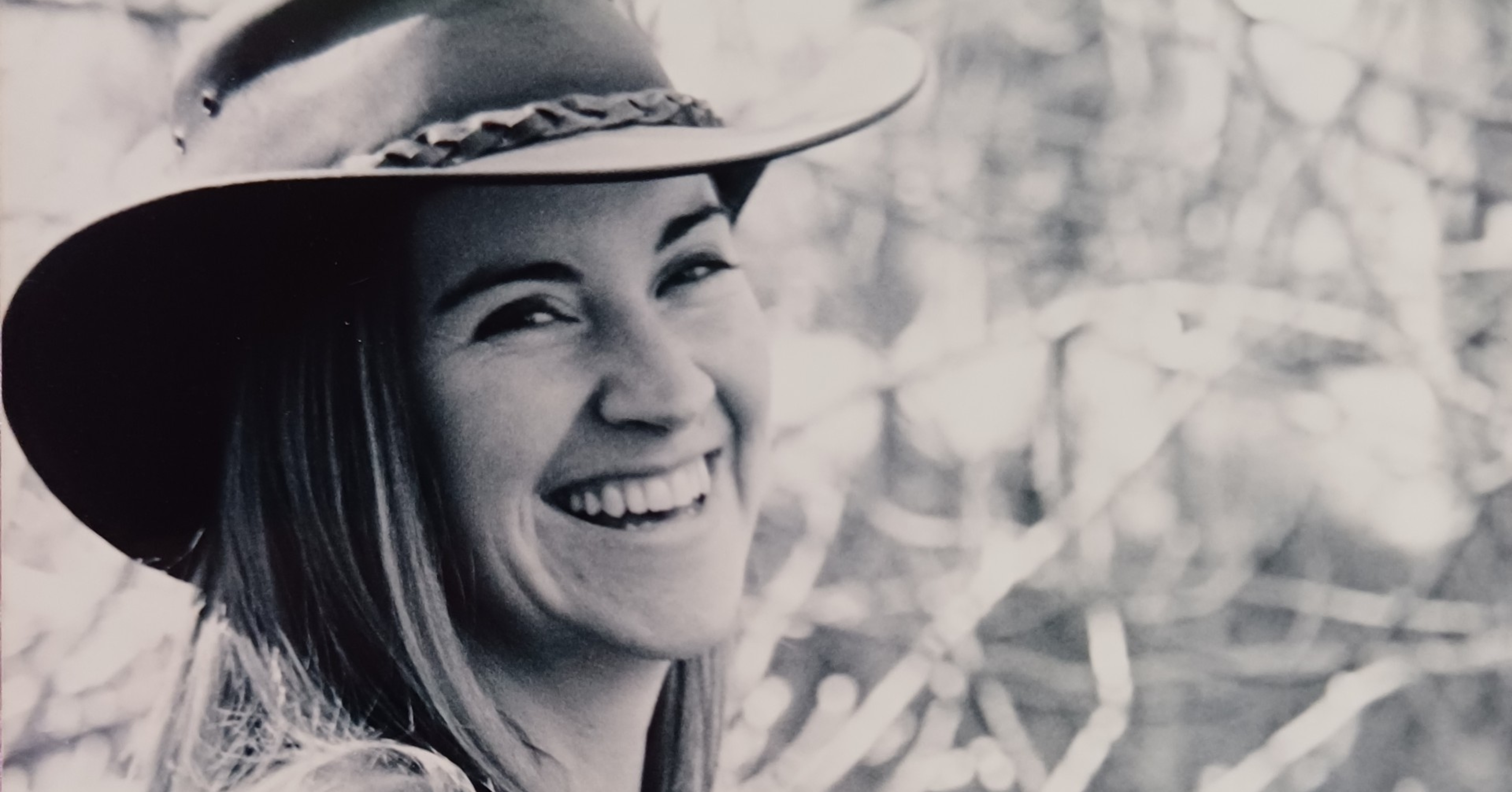
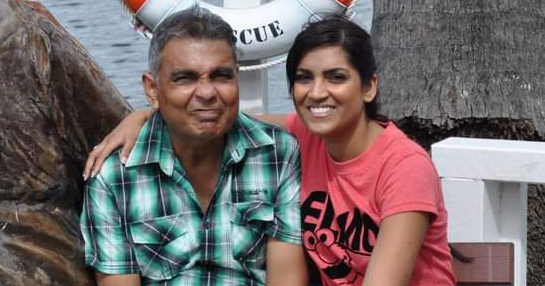
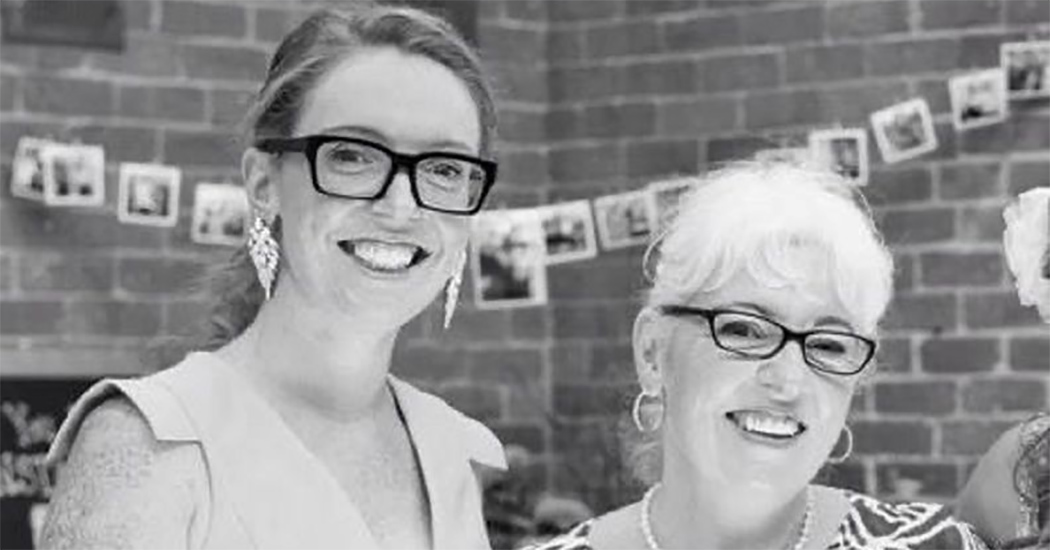
This Post Has 0 Comments